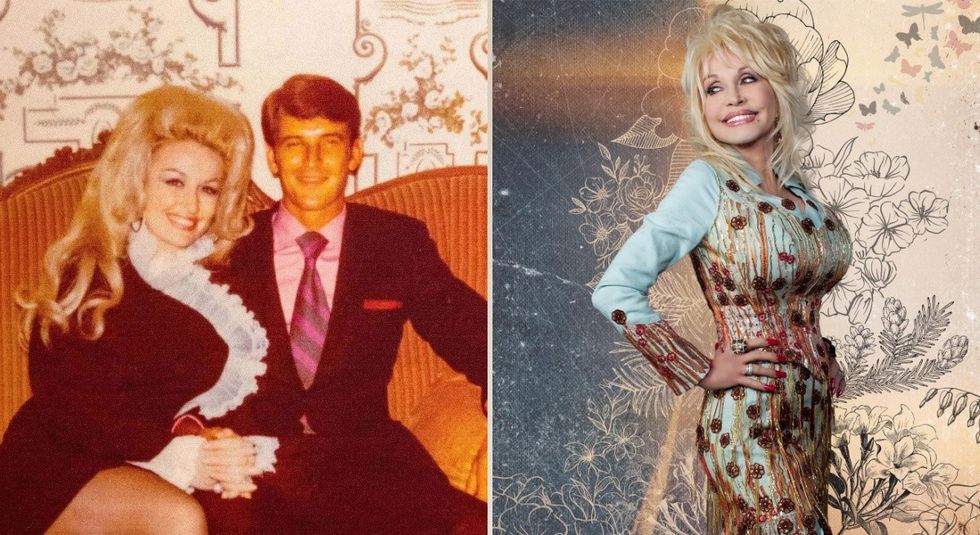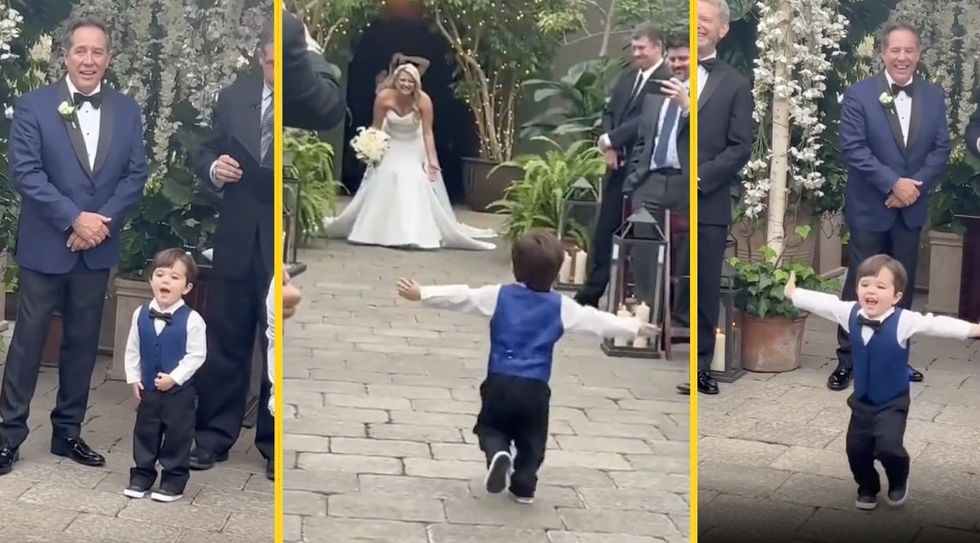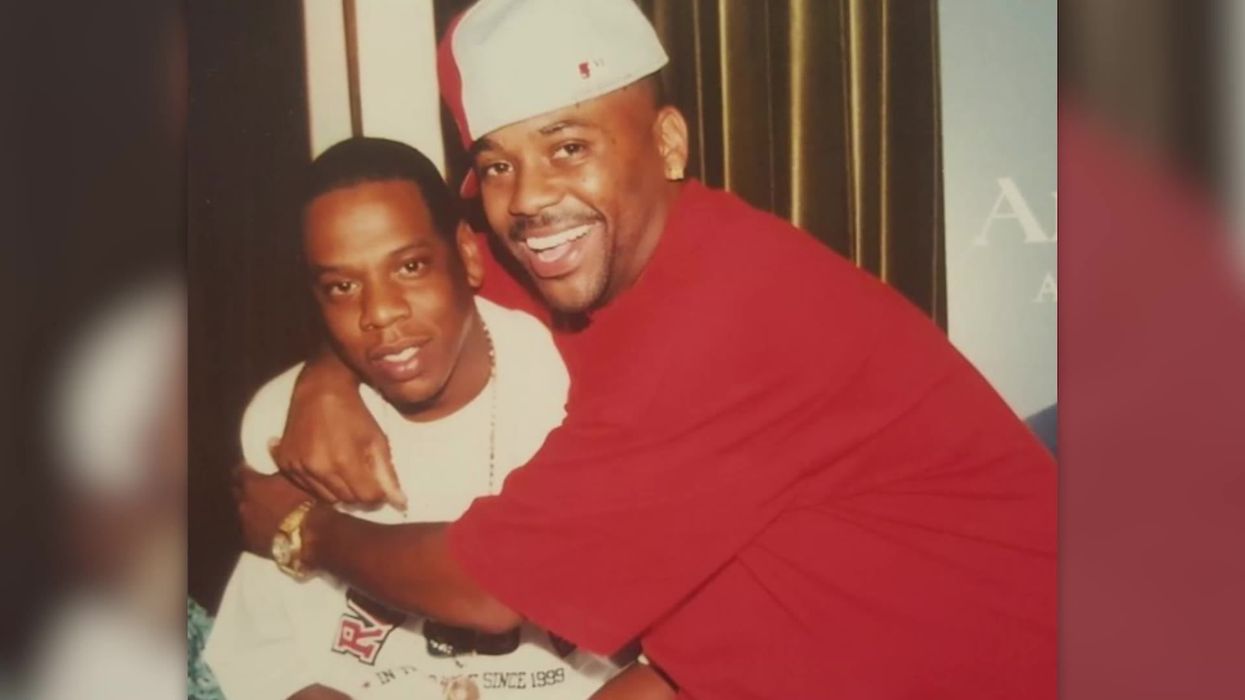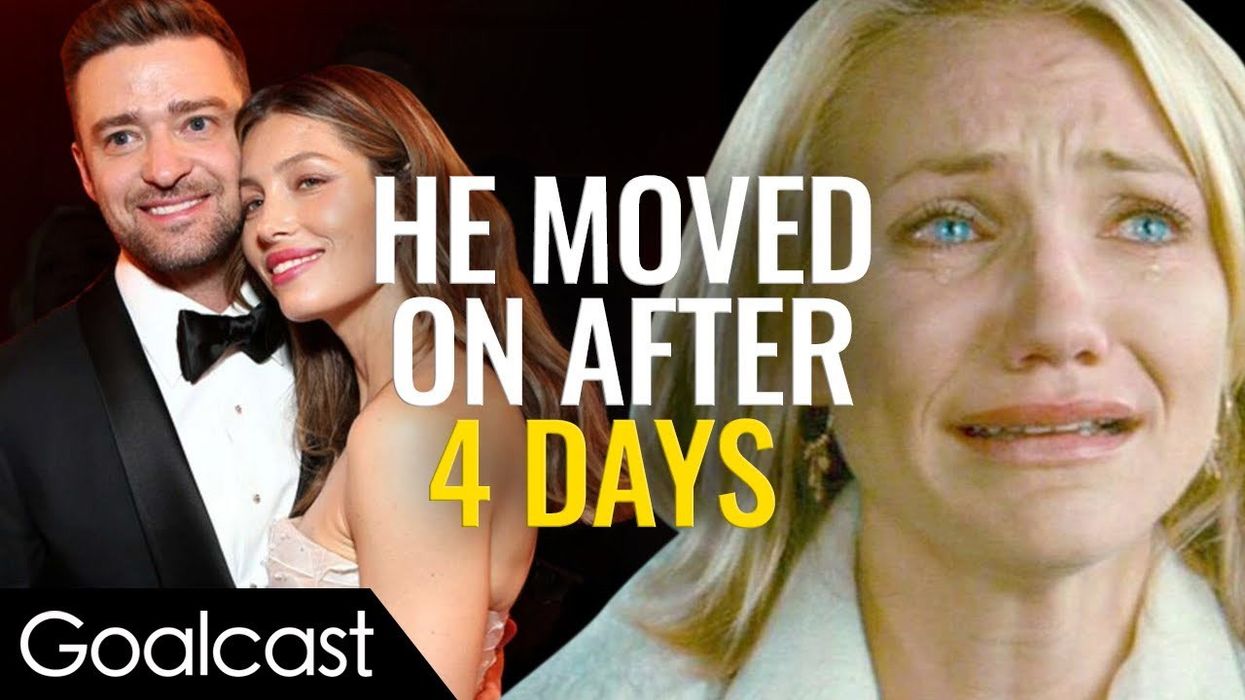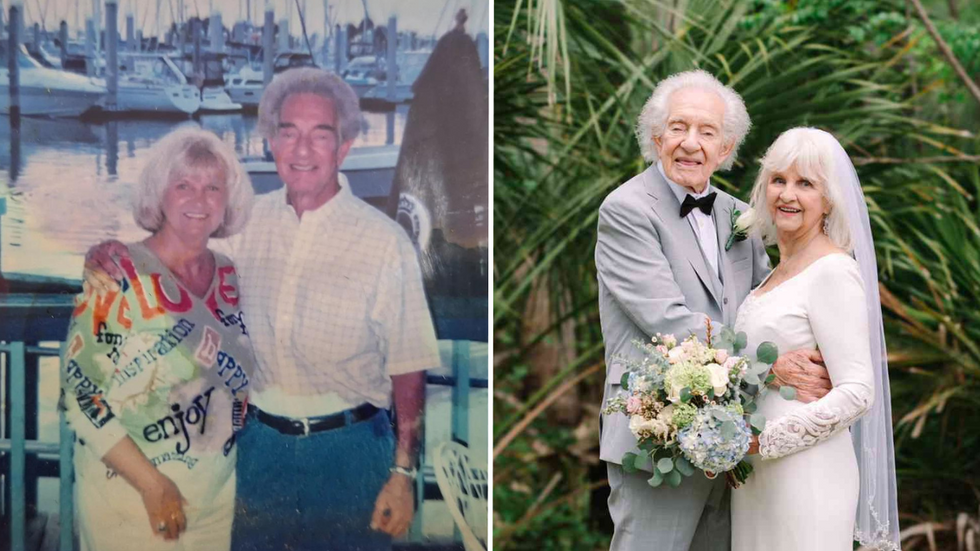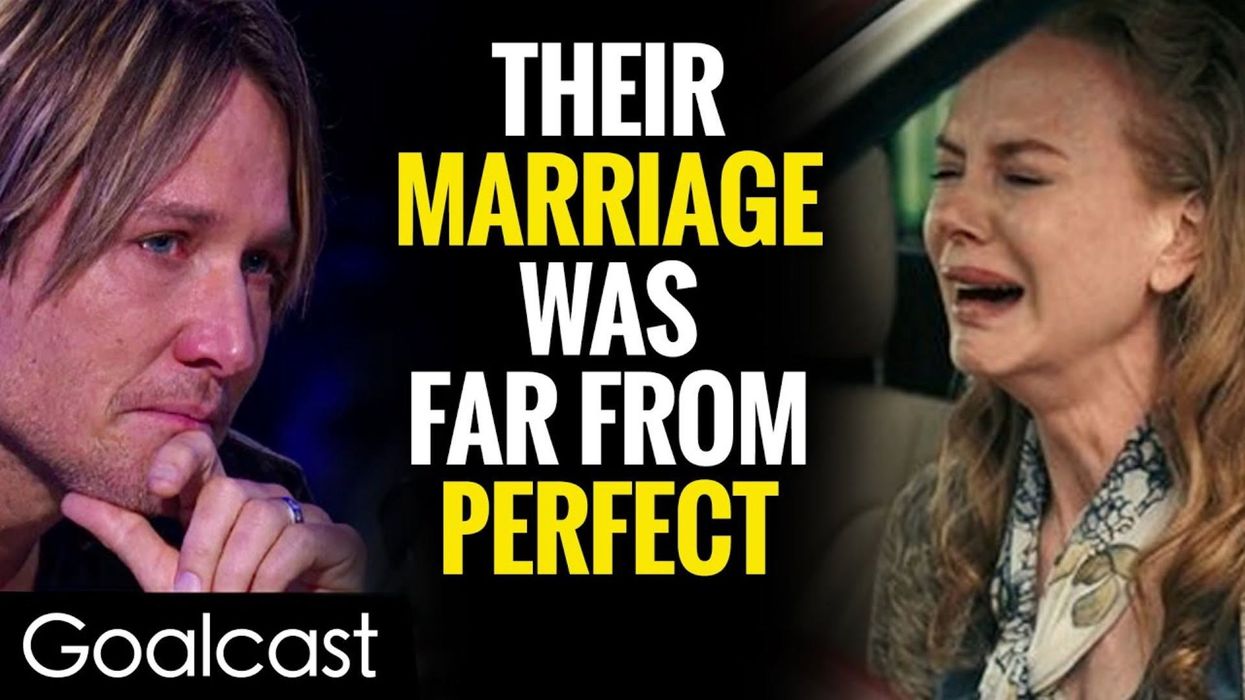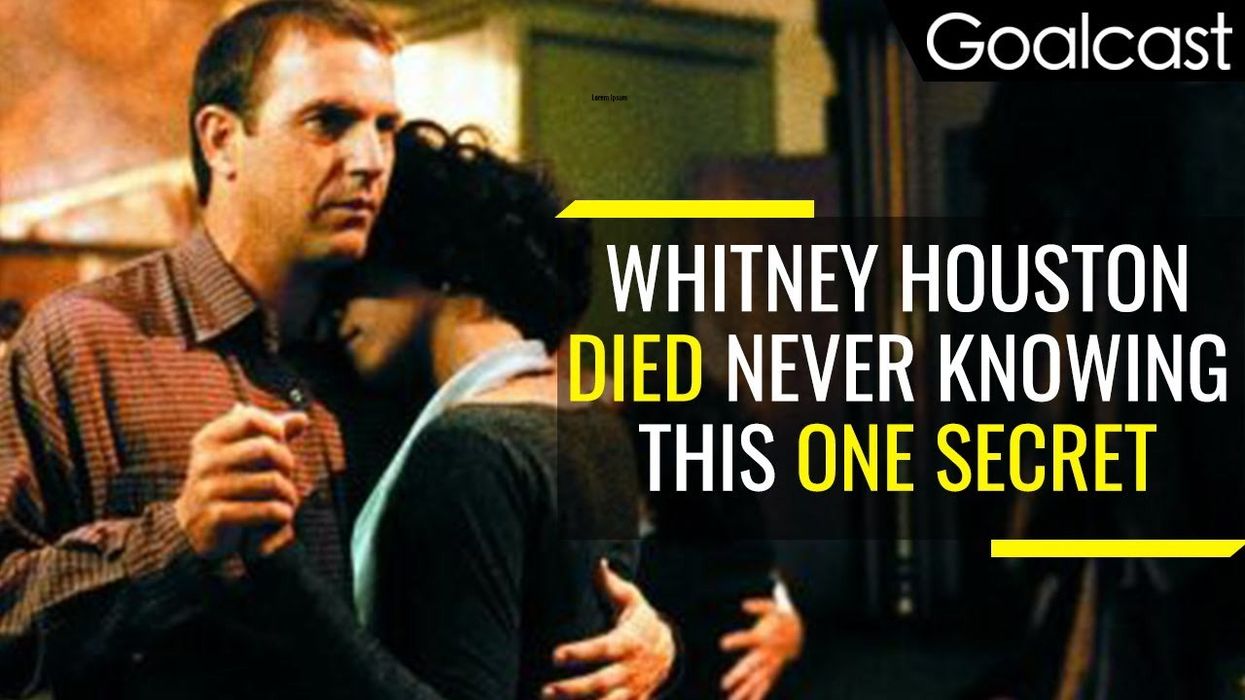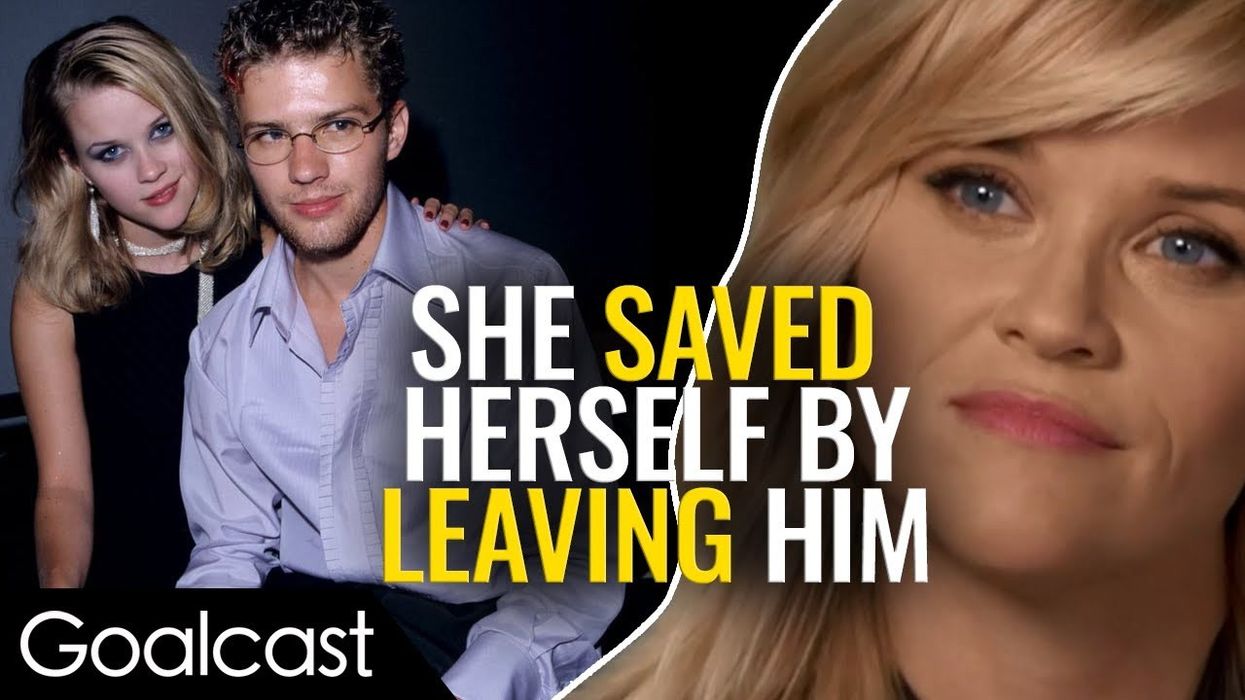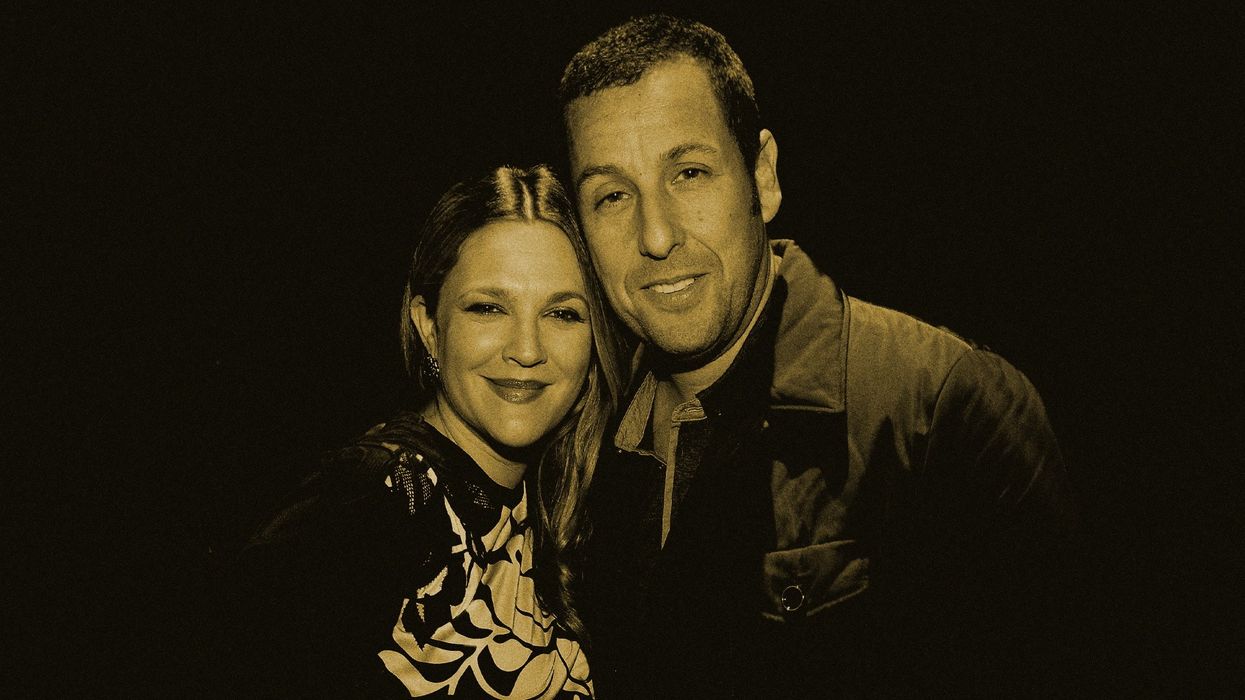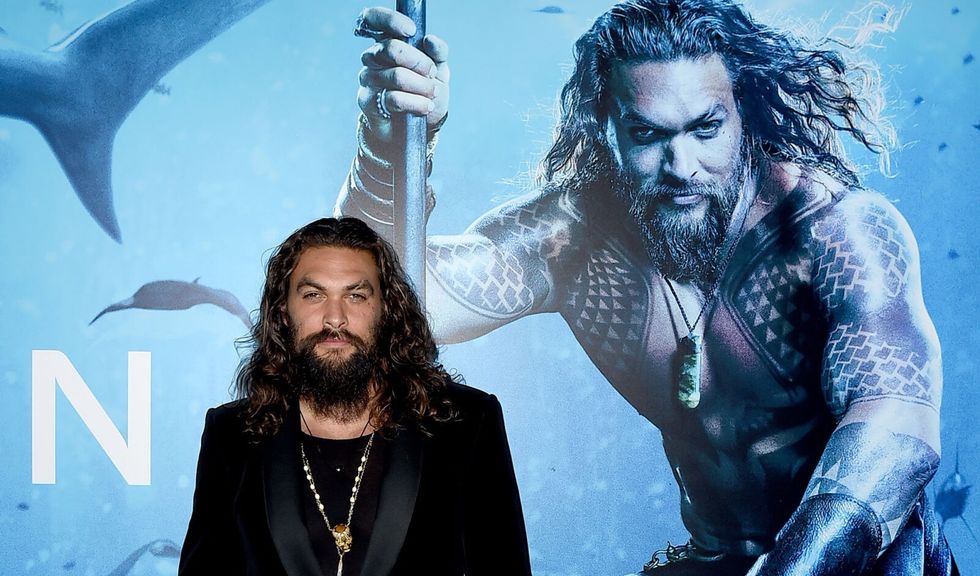
When "Dad Bods" Bite Back: The Trap of Male Body-Shaming
When we consider body-shaming, it’s easy to get an image in our mind of a woman being attacked for her weight, how large or small her breasts are, or even the clothes she wears.
It’s not often we consider that men can be body-shamed as well, and sometimes that shaming happens in the most unexpected places, with the most unexpected targets.
When it comes to celebrities like Jason Momoa, Vin Diesel, and Nick Jonas, we generally know them for their tough guy swagger and shirtless adventure scenes on the big and small screens. They are held up as standards of hyper-masculinity and what a man's body "should" look like.
Which is why it's so notable but they also have gotten attention of late for having “dad bods." When pictures of Diesel and, more recently, Jonas and Momoa surfaced where they were shirtless but not looking as muscular as people had come to accept, headlines lambasted their bodies for not living up to beauty standards for men.
Like so many women, these guys were just trying to have a fun day at the beach and found their looks unfairly lambasted.
When "dad bods" bite back:
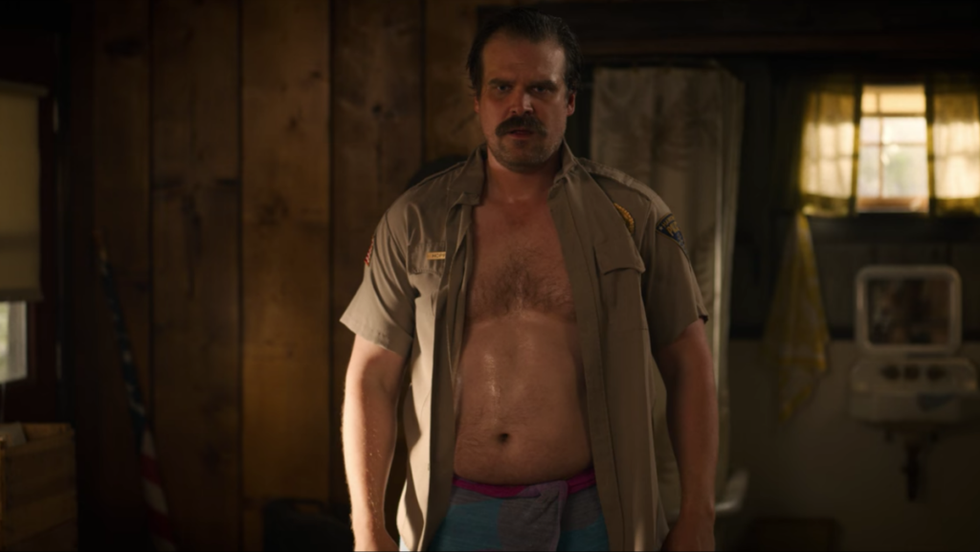
The term "dad bod" was first popularized back in 2015, when it went viral due to a funny essay written by Mackenzie Pearson. The essay expounded the virtues of men who had a bit of paunch in place of the stereotypically attractive six-pack abs. Soon enough, men with so-called "dad bods" were being praised for their bodies in the way that ripped guys had been in the past.
David Harbour was one of the famous faces positively associated with the “trend," with people praising his less-than-ripped physique in Stranger Things and holding him up as a new kind of sex symbol.
Harbour went so far as to promise that his “dad bod” would return for the next season of Stranger Things, after fans lamented he had given up his “paunch” for six pack abs while filming Hellboy.
In an interview with Variety, Harbour shared that while prepping for Hellboy, he spent months with a trainer to put on some muscle and shed some weight for the superhero part. While there’s nothing unusual in an actor changing their physique for a role, the public’s response has been oddly alarming.
Demanding a “dad bod” rather than a six pack is still body-shaming
“I’ve already started the donut training. Six donuts a day! We’ll get there, folks,” Harbour said in a later interview, promising the dad bod would return.
While we may expect women to feel pressure and face judgment based on their physical appearance, this is an example of how it does also happen to men.
While Harbour, and any other man, has the right to have any body he wants -- super ripped or with some extra paunch -- it’s uncomfortable and demeaning for people to complain and make demands based on how his body changes.
It's all about control
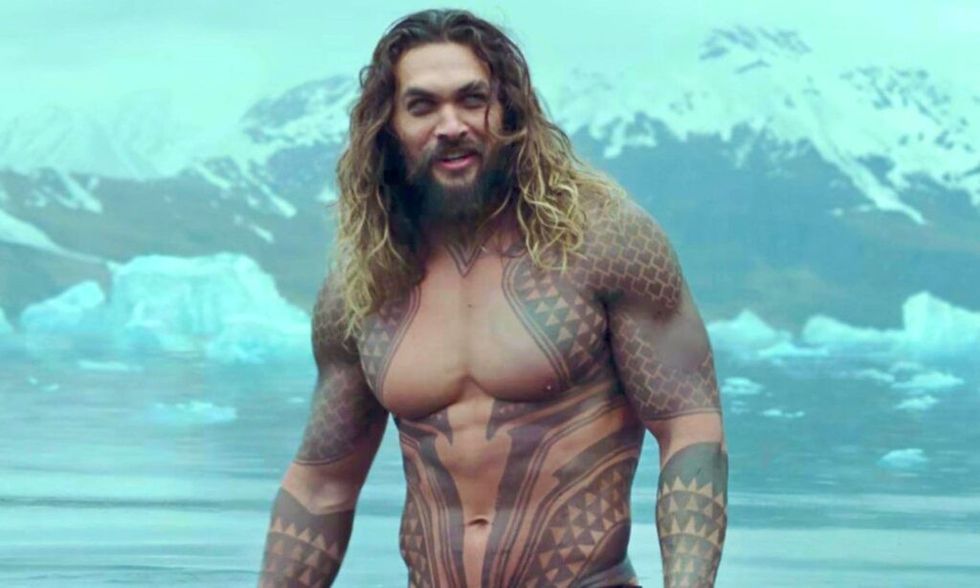
The public fervor around the photos of Momoa, Diesel, and Jonas that "caught" them looking less than perfect is at odds with the pretense that the "dad bod" obsession was a celebration of different body shapes.
Rather, it seems like the public is happy to classify these men as having "ripped" or "dad" bodies, which then becomes part of their persona. If their bodies change unexpectedly, then that convenient classification is disrupted.
The public illusion that we have ownership over a celebrity's body is challenged when they change their bodies without our "permission" -- and that seems to bother people.
If Diesel and Momoa weren't action stars, if Jonas hadn't played an MMA fighter on TV, would their "dad bods" still be so noteworthy?
If Chris Pratt could infamously get ripped for his superhero role, why is it an issue when Harbour does it?
Whether a man is told he's too muscular or too heavy, it's body-shaming and body-policing, all the same.
Water off Momoa's back
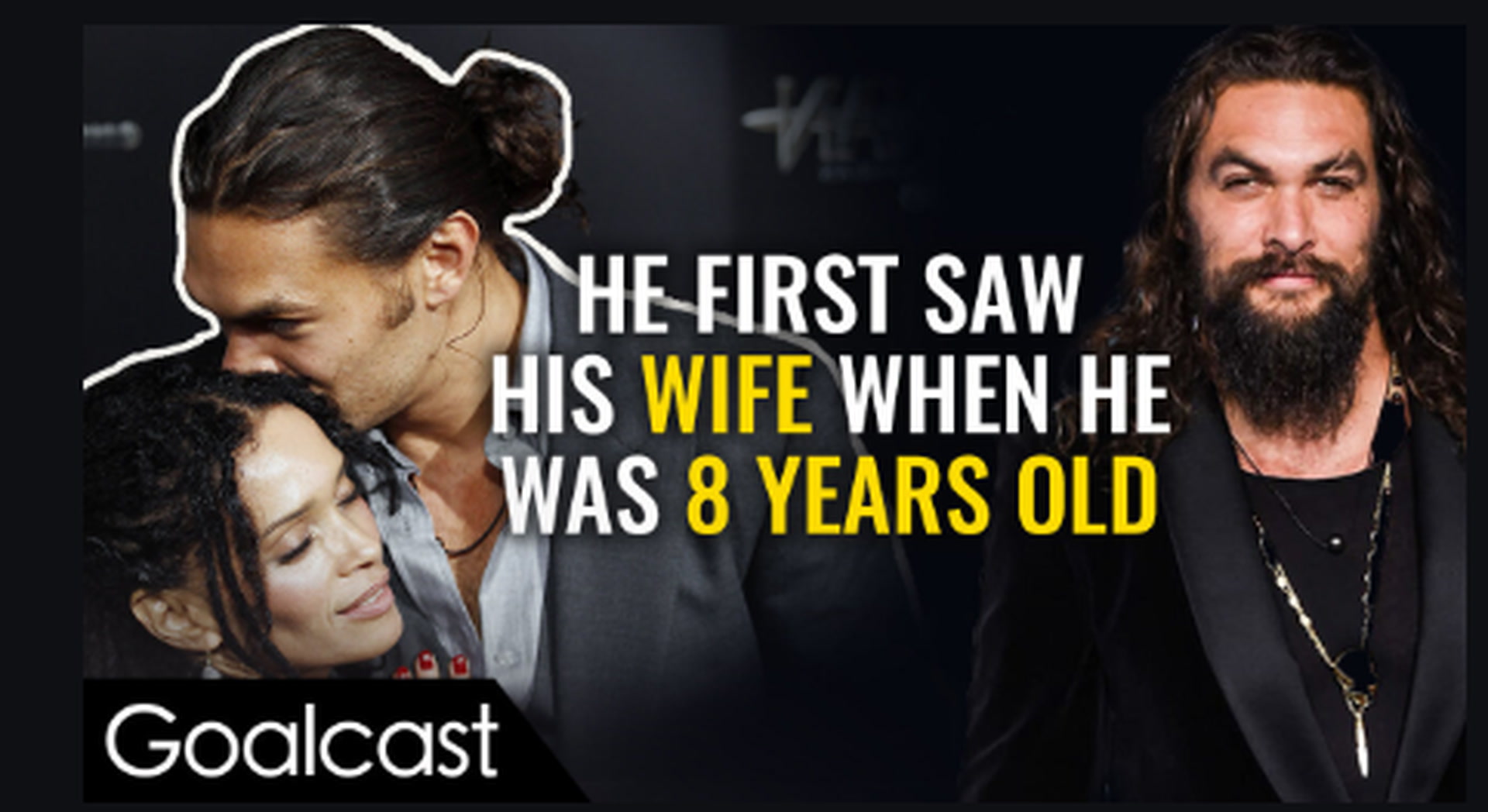
Maybe the best way to handle things is how Momoa does: don’t give it any thought at all.
In a video recently posted by TMZ, the Game of Thrones star said he wasn’t going to be be bothered at all with what internet fans (and trolls) have to say about his own “dad” bod.
A reporter asked Momoa how the Guinness cake was at his surprise birthday party, he responded, “Amazing. Anything Guinness is good.”
The reporter rudely responded that this may not help the "dad bod" chatter.
Momoa responded, “Well, that’s alright,” patting his stomach. The interviewer didn’t back down, asking Momoa if the "dad bod" title bothered him him.
“No,” the actor said, “Not at all. Tell TMZ I’ll show ‘em my dad bod soon.”
We can all use a dose of that confidence in the face of ignorant judgement. Regardless of gender, we should love our bodies for what they help us do, not how they look.












